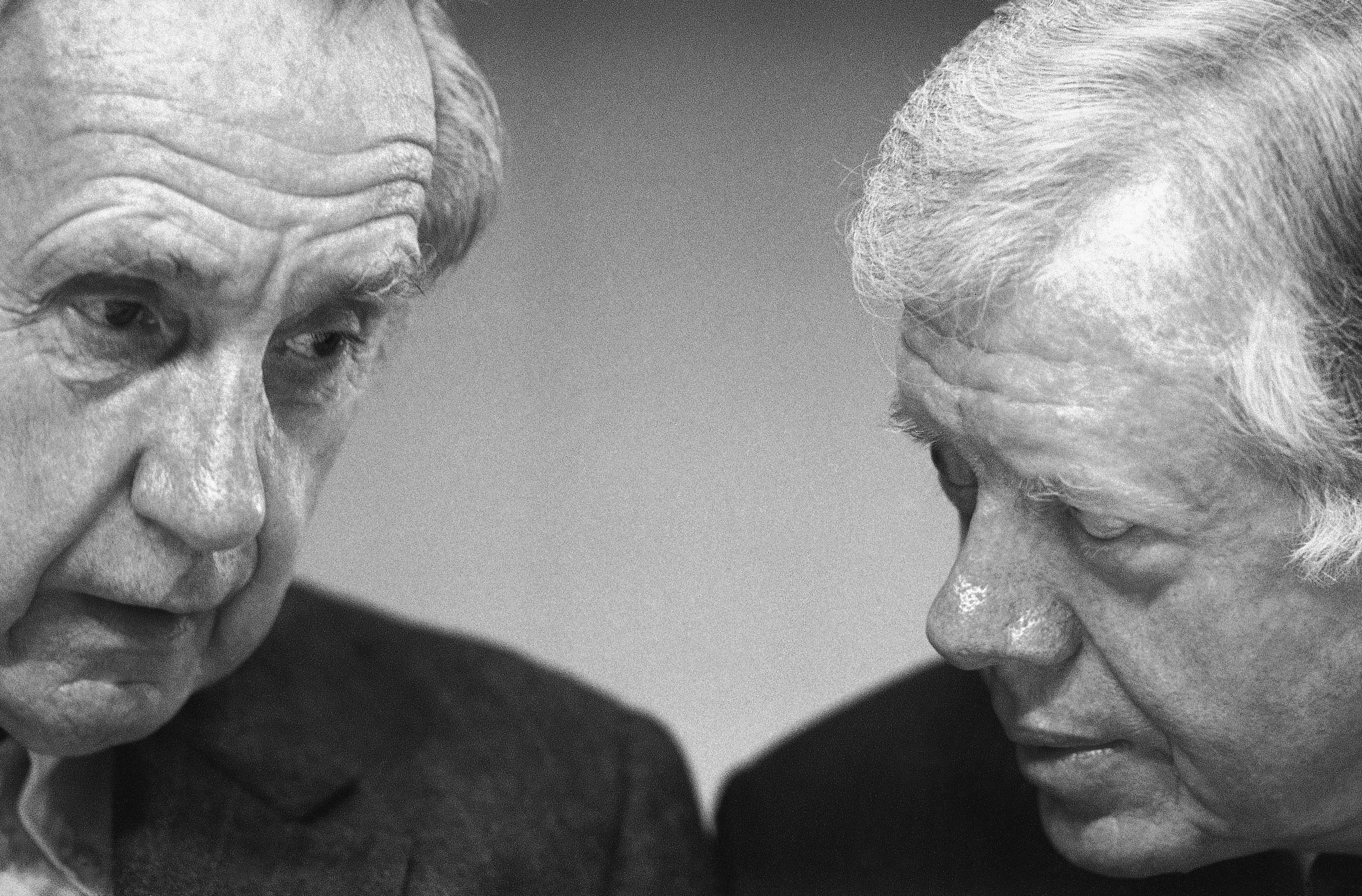Brian Urquhart, early leader of United Nations, dies at 101
Brian Urquhart, an early leader of the United Nations who played a central role in developing the U.N. practice of peacekeeping, has died at his home in Tyringham, Massachusetts, according to his family

Your support helps us to tell the story
From reproductive rights to climate change to Big Tech, The Independent is on the ground when the story is developing. Whether it's investigating the financials of Elon Musk's pro-Trump PAC or producing our latest documentary, 'The A Word', which shines a light on the American women fighting for reproductive rights, we know how important it is to parse out the facts from the messaging.
At such a critical moment in US history, we need reporters on the ground. Your donation allows us to keep sending journalists to speak to both sides of the story.
The Independent is trusted by Americans across the entire political spectrum. And unlike many other quality news outlets, we choose not to lock Americans out of our reporting and analysis with paywalls. We believe quality journalism should be available to everyone, paid for by those who can afford it.
Your support makes all the difference.British diplomat Brian Urquhart, an early leader of the United Nations who played a central role in developing the U.N. practice of peacekeeping, has died, according to his family. He was 101.
Urquhart’s son, Thomas confirmed he died at his home in Tyringham, Massachusetts, on Saturday but didn’t provide a specific cause, the New York Times reported.
Urquhart, born in Bridport, England in 1919, served in British military and intelligence during World War II before becoming the second official hired by the U.N. after its formation in 1945. He went on to be a principal adviser to the first five U.N. secretary-generals.
Urquhart worked for the commission that set up the United Nations Secretariat in 1945, arranged the General Assembly's first meeting in London and settled on New York City as the U.N.'s permanent home. But he was best known for creating and directing U.N. peacekeeping operations in war zones around the world.
Urquhart called peacekeeping forces an army without an enemy and decided they should wear blue helmets to distinguish them from combatants. He said they should enter a war zone only with broad political support, with the goal of ending hostilities and facilitating negotiations.
Before he retired in 1986, Urquhart had directed 13 peacekeeping operations, recruited a force of 10,000 troops from 23 countries and established peacekeeping as one of the U.N.’s most visible and politically popular functions. The U.N. peacekeeping forces won the 1988 Nobel Peace Prize.
Urquhart served 12 years as the U.N.'s No. 2 official, succeeding Ralph J. Bunche as under secretary general for political affairs in 1974.
Urquhart joined the Ford Foundation after he retired and wrote books and frequent commentaries for The New York Review of Books and other publications. His books include a 1987 autobiography, “A Life in Peace and War,” as well as books on United Nations leaders and operations.
He is survived by his wife, his five children, a stepson, 14 grandchildren and 10 great-grandchildren.